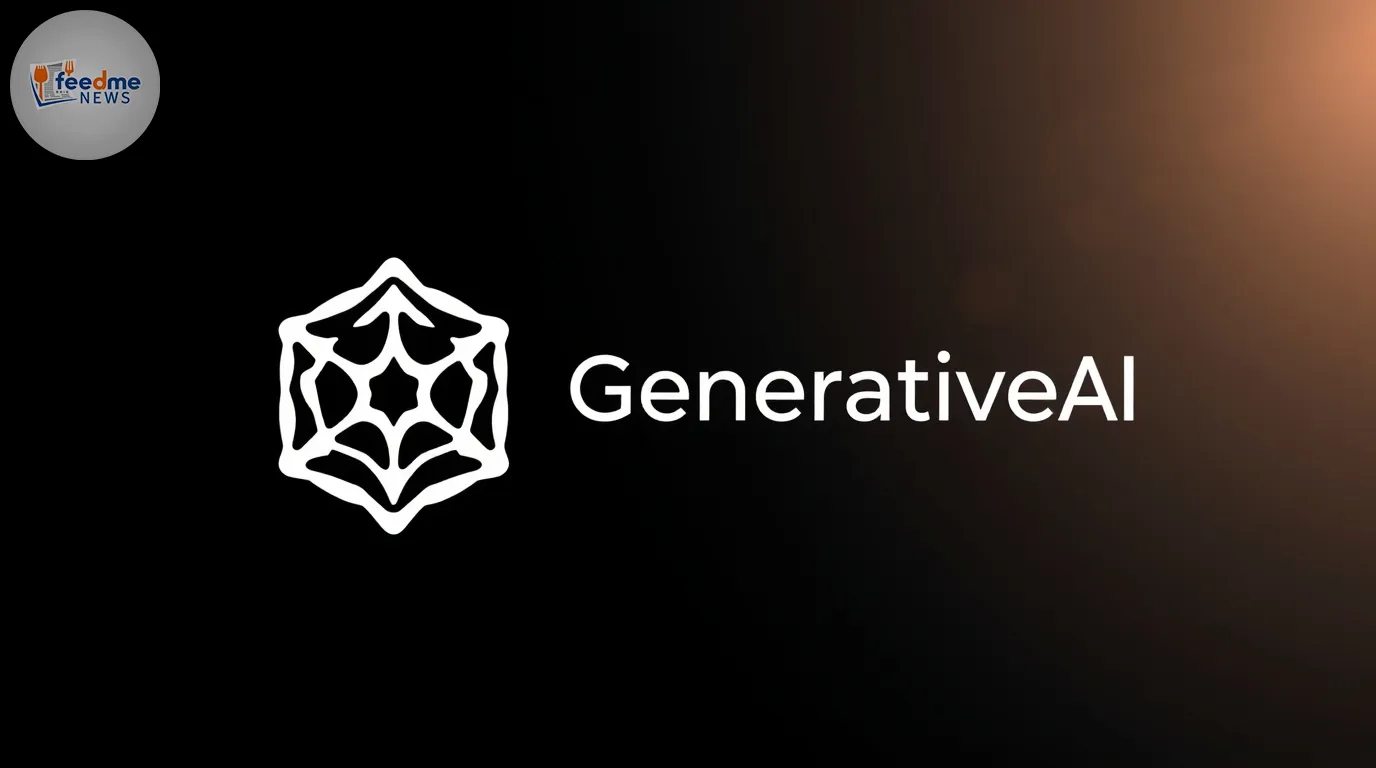In the fast-paced world of marketing and creativity, generative artificial intelligence (AI) is emerging as a game-changer. This innovative technology is transforming how creative agencies operate, promising enhanced efficiency, creativity, and new opportunities. As agencies adapt to this technological shift, industry leaders like Stephen Neville, a former agency executive, are offering insights into effectively leveraging AI’s potential.
Generative AI is not just a passing trend; it is becoming an integral component of agency workflows. By automating routine tasks and generating creative content, AI allows human talent to focus on innovation and strategic thinking. As the technology evolves, agencies must embrace AI to remain competitive and relevant in the ever-changing landscape of digital marketing.

The Rise of Generative AI in Creative Industries
The adoption of generative AI in creative industries has been swift and impactful. With the ability to produce text, images, and even complex designs, AI tools are assisting creatives in ways previously unimaginable. The technology’s capacity to analyse vast amounts of data and produce original content is reshaping how agencies approach projects.
Generative AI’s impact is evident in various sectors, from advertising to graphic design. Agencies are using AI to create personalised marketing campaigns, tapping into consumer data to tailor messages that resonate with specific audiences. This level of personalisation was once labor-intensive, but AI has made it both efficient and effective, enhancing engagement and conversion rates.
Implementing Generative AI: Challenges and Solutions
While the benefits of generative AI are clear, implementing it within a creative agency comes with challenges. Many agencies face hurdles such as the initial cost of technology, the need for staff training, and concerns about AI replacing human creativity. However, these challenges can be mitigated with strategic planning and investment in the right tools.
Stephen Neville suggests starting with a clear strategy for AI integration. “Agencies should identify areas where AI can add the most value and begin with small pilot projects,” he advises. By gradually incorporating AI into their processes, agencies can address potential issues early and adjust their strategies accordingly. Training staff to work alongside AI is also crucial, ensuring that human creativity and technological capabilities complement each other.
Enhancing Creativity Through AI Collaboration
One of the most significant advantages of generative AI is its ability to enhance, rather than replace, human creativity. AI can handle repetitive tasks, allowing creatives to focus on ideation and strategy. This collaboration between human and machine can lead to innovative solutions that neither could achieve alone.
AI tools can also provide new sources of inspiration. By analysing trends and consumer behaviour, AI can suggest creative directions that align with current market demands. This data-driven approach enables agencies to stay ahead of trends and produce work that resonates with audiences. As a result, creatives are empowered to push boundaries and explore new ideas, with AI as their guide.
The Future of Creative Agencies in an AI-Driven World
As generative AI continues to evolve, its role in creative agencies will likely expand. The technology’s potential to streamline processes and enhance creative output makes it an invaluable asset for agencies aiming to thrive in a competitive market. However, the human element remains essential; AI should be viewed as a tool that amplifies human creativity, not a replacement for it.
Looking ahead, agencies that successfully integrate AI into their operations will be better positioned to innovate and adapt. By embracing AI’s capabilities, they can offer clients more personalised and impactful campaigns, ultimately driving growth and success. As the digital landscape continues to evolve, generative AI will undoubtedly play a pivotal role in shaping the future of creative industries.
In summary, generative AI presents both opportunities and challenges for creative agencies. By carefully implementing and leveraging this technology, agencies can unlock new levels of creativity and efficiency. As AI becomes a staple in the industry, those who embrace its potential will be well-equipped to lead the charge into the future of digital marketing and creativity.






